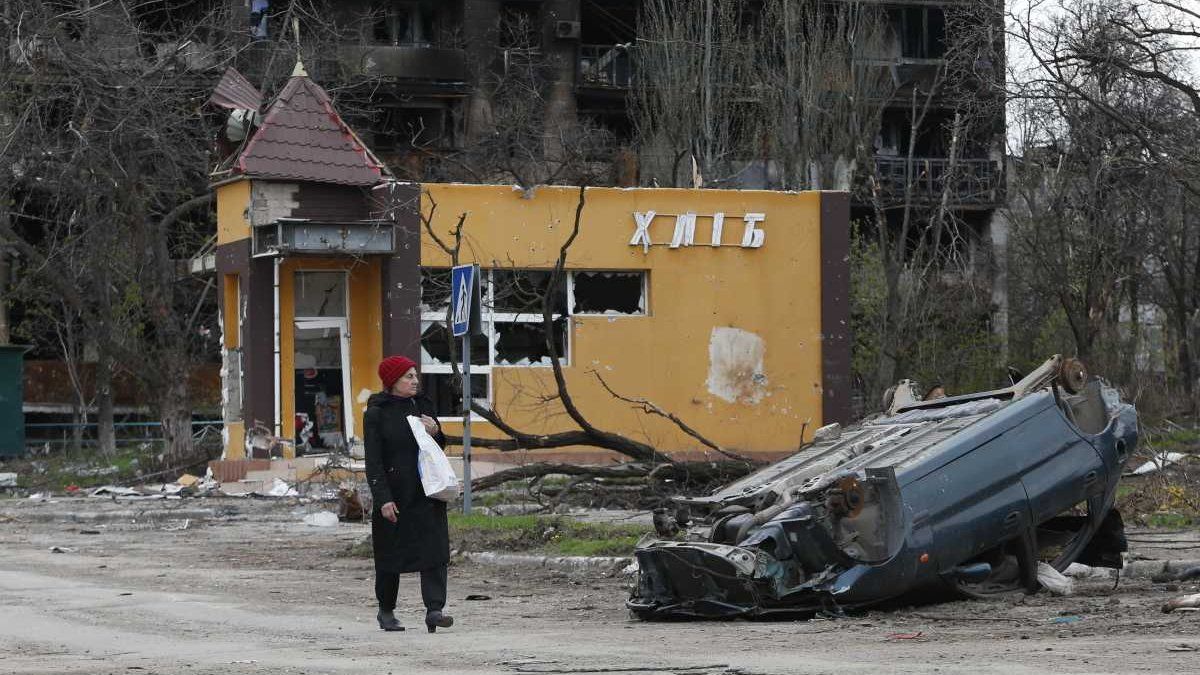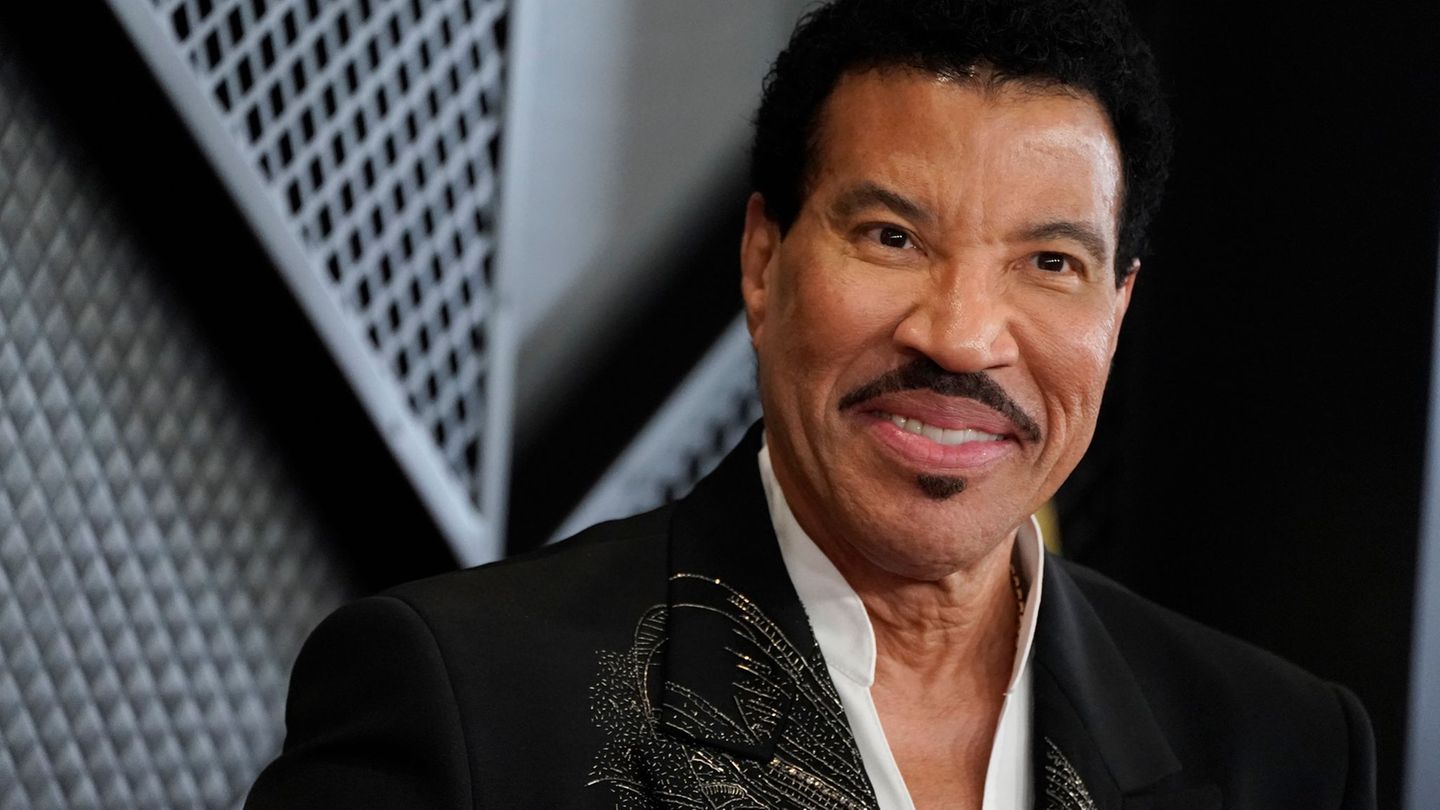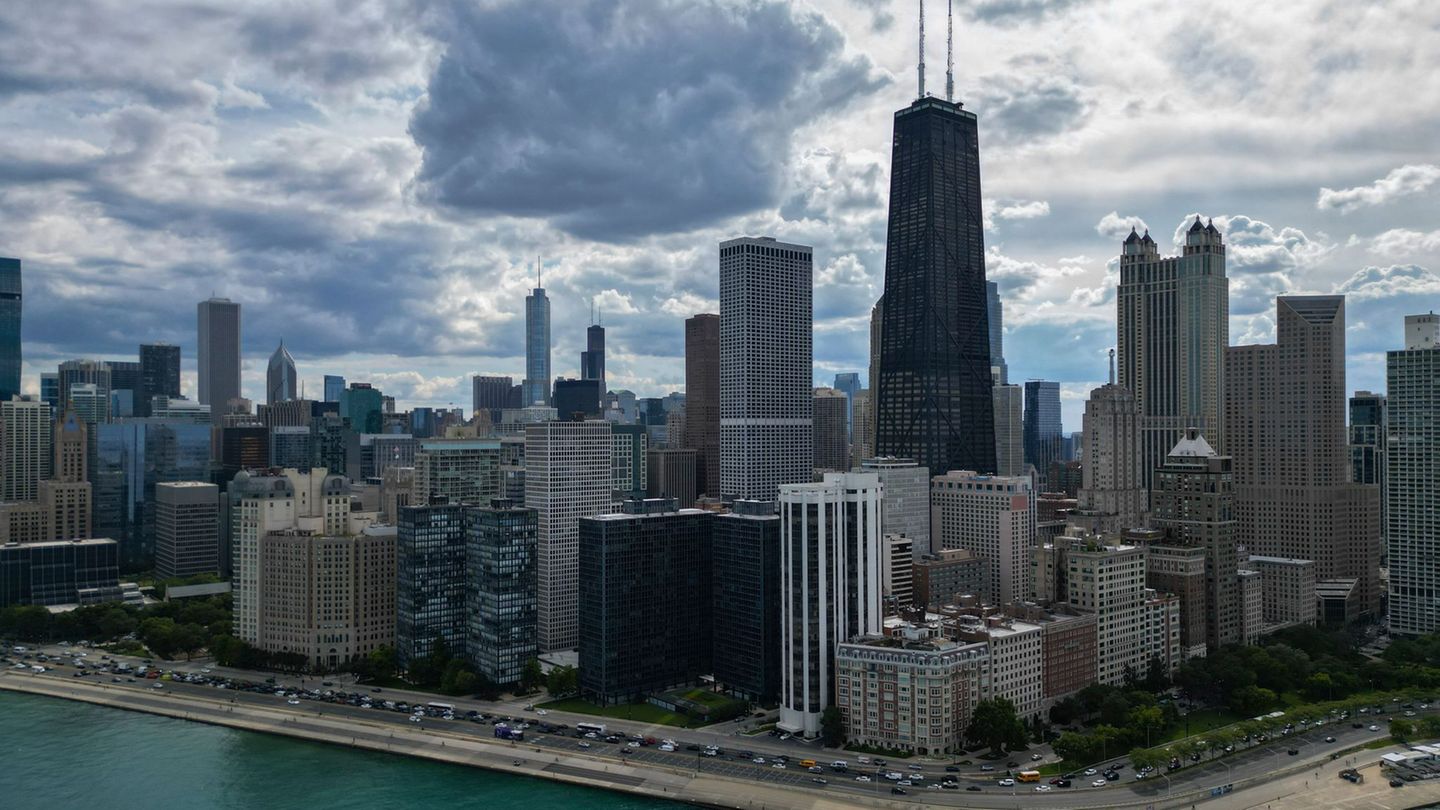“The Ukrainian Armed Forces are repelling the offensive,” he said, however.
He added that every day that the Ukrainian military manages to thwart Russian military advances, brings closer “the desired day that we are all waiting for and for which we are fighting: the day of victory.”
Zelensky’s comments seem to reflect more optimism than the reality on the ground.
Russia has set itself the conquest of Donbass as its goal after having withdrawn its troops from the region of northern kyiv, the capital, at the end of March.
The most experienced and well-equipped Ukrainian military units are in the Donbass, but Russian troops outnumber them and are surrounding them, making it difficult to resupply them, analysts say.
The Russian Army totally or partially controls five provinces in the east and south of Ukraine, including the two in Donbass -Lugansk and Donetsk-, in addition to the Crimean peninsula, which was annexed in 2014.
For its part, Russia said it was ready to continue talks with Ukraine, which were frozen by kyiv a month and a half ago after fighting in Mariupol intensified and images of Bucha came to light.
The head of the negotiations on the part of Moscow, Vladimir Medinsky, was the one who communicated the Russian will to resume the dialogue, according to the Russian agency Tass.
The last round of face-to-face talks between the delegates from both countries took place in Istanbul, Turkey, on March 29.
Faced with the continuity of this invasion launched on February 24, Sweden and Finland are still trying to move forward – after decades of military non-alignment – with their decision to join NATO, whose only current obstacle is the rejection of Turkey.
Without the unanimous approval of all the member states of the Atlantic alliance -including Turkey-, Finland and Sweden will not be able to be part of it.
For this reason, the Finnish government said today that it hopes that the resolution of its dispute with Turkey over Helsinki’s entry into NATO will take “several weeks”.
“Negotiations (with Turkey) will continue at the official level,” Foreign Minister Pekka Haavisto told Finnish television Yle.
“They must be patient, because it will take several weeks,” he stressed and assured that he was “optimistic” about resolving the disagreement, according to the Sputnik news agency.
Haavisto said that Helsinki can assure Ankara that links with the Kurdistan Workers’ Party (PKK), a group banned in Turkey for terrorist activity, will be monitored more carefully.
“We can certainly give Turkey those guarantees; as the PKK is considered a terrorist organization in Europe, it is important to prevent terrorist activities also in Finland; it is important that we make our contribution,” he maintained.
Meanwhile, the United States and France today ratified their support for the aspiration of Helsinki and Stockholm, in a telephone conversation between the US Secretary of State, Antony Blinken, and the new French Foreign Minister, Catherine Colonna.
For his part, the President of Poland, Andrzej Duda, today applauded Ukraine’s “heroic” resistance to Russia’s invasion and assured that he will not rest until the country “is a member of the European Union” (EU), in a symbolic speech before the Ukrainian Parliament.
Duda is the first foreign leader to address Ukrainian lawmakers in kyiv in person since the start of the Russian invasion on February 24.
Duda pointed out that from now on it will be impossible to “do business as usual” with Russia, following the discovery of the massacres of civilians committed in Ukraine and attributed to Russian troops.
After the Polish president’s speech, Duda and Zelenski gave a press conference in which the situation in Ukraine regarding obtaining the status of a candidate for the EU was deepened, which could happen next June at the meeting of the European Council.
Zelensky, for his part, reiterated his hope that Ukraine could join the EU, saying that his country has long been a member of the European community, but to enter the bloc it needs “powerful ambassadors and friends.”
In addition, Zelensky announced the signing of an agreement with Poland that simplifies the border crossing between the two countries.
According to the president, between the Poles and the Ukrainians “there should be no limit or barrier” and this should be “embodied in the near future in the bilateral agreement.”
“First with regard to joint border and customs control, and then to a single conditional border, when Ukraine will become a member of the European Union,” Zelensky said.
At the level of combat, the Russian Defense Ministry reported today that Russia attacked command centers, ammunition depots and troop concentrations in Donbass and in the southern province of Mikolaiv last night from planes and artillery.
For days, hostilities in the Donbass have focused on Severodonetsk, in the province of Lugansk, which is “practically surrounded” by Russian forces, according to its authorities.
Industrial Severodonetsk is one of the few major Donbass cities still under Ukrainian control, as well as its twin city of Lisichansk, separated from each other by the Siversky Donets River.
Lugansk Governor Sergii Gaidai said today that Russian troops tried to attack Severodonetsk from four directions in the last few hours and that although they were unsuccessful, artillery attacks on residential areas continued and a bridge linking the city with neighboring Lisichansk was destroyed.
The Ukrainian Armed Forces said today that Russia was also continuing to attack Sloviansk, a city in Donetsk.
Russian strikes yesterday killed seven civilians and wounded ten others in Donetsk province, its governor, Pavlo Kirilenko, said last night.
Russia took a major step in its goal of capturing Donbass last month by capturing the southern port city of Mariupol, on the southern tip of Donestk on the Sea of Azov.
Meanwhile, Ukraine extended for three months the state of general mobilization and the validity of martial law, which in principle was in force until next Tuesday, as a result of the Russian invasion, the local press reported today.
Two days ago, Russia declared the “total liberation” of Mariupol after the surrender of the last Ukrainian soldiers in the city, who had taken refuge in the Azovstal steel mill.
Donbass borders Russia, and Russian is the most widely spoken language in the region.
In addition to the two Donbass provinces – Donestk and Lugansk – which it largely controls, Russia occupies part of the Ukrainian provinces of Kharkov (bordering Donbass to the east) and Zaporizhia (bordering Donbass to the west) and the entire of Kherson, in addition to Crimea.
Source: Ambito
David William is a talented author who has made a name for himself in the world of writing. He is a professional author who writes on a wide range of topics, from general interest to opinion news. David is currently working as a writer at 24 hours worlds where he brings his unique perspective and in-depth research to his articles, making them both informative and engaging.




